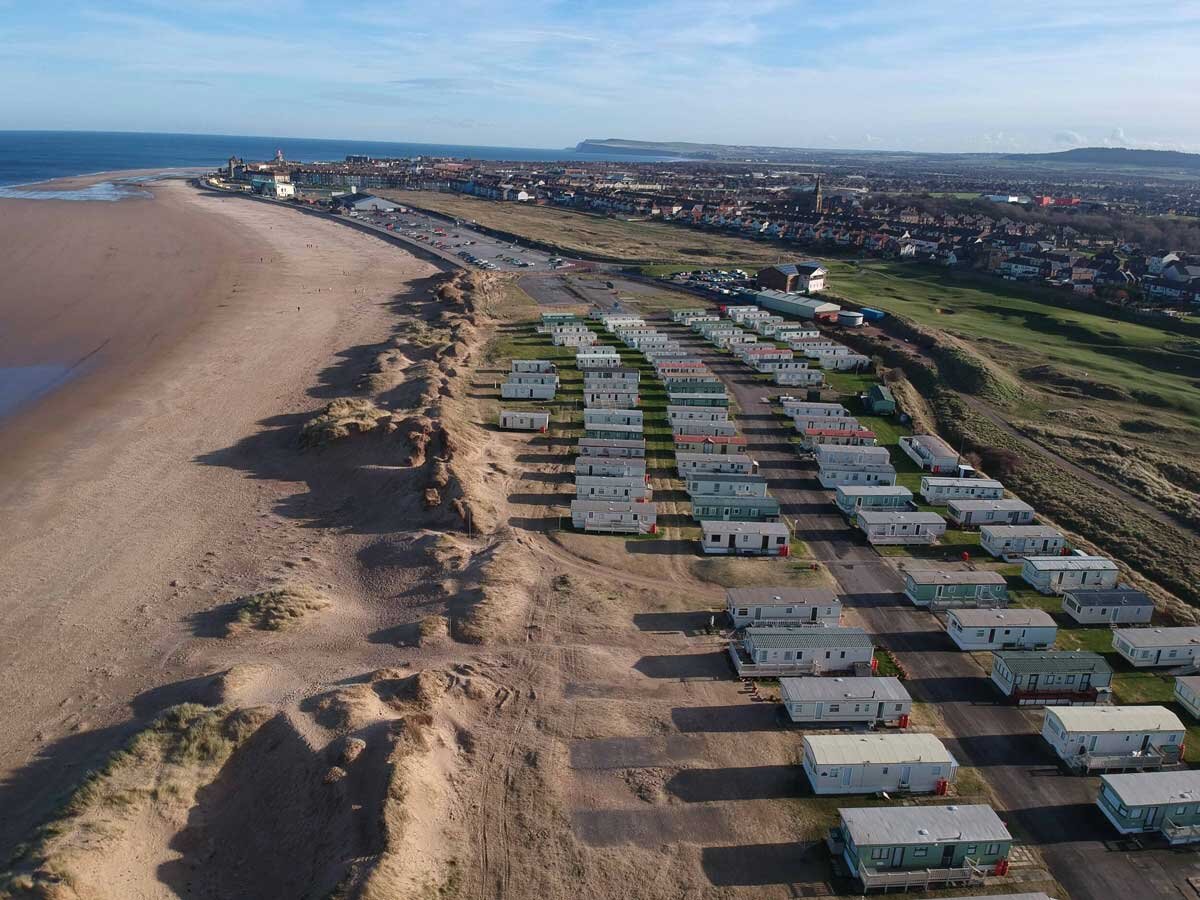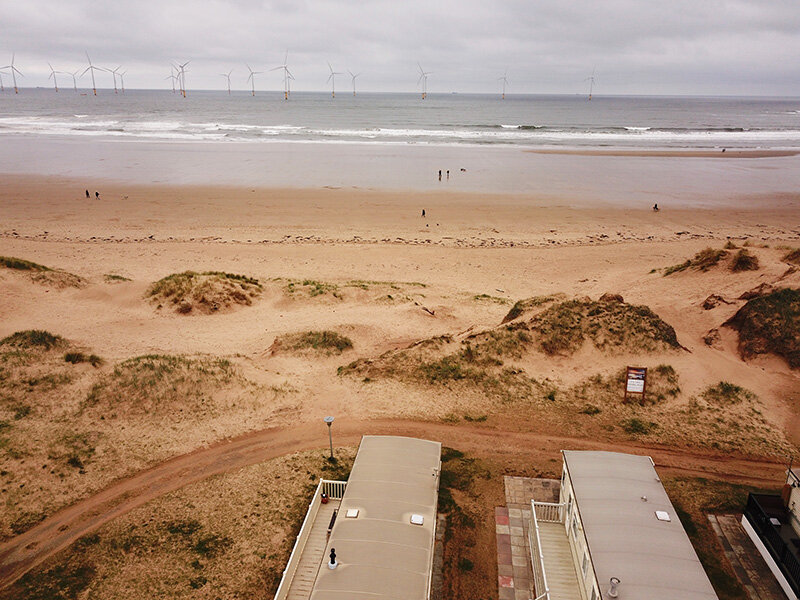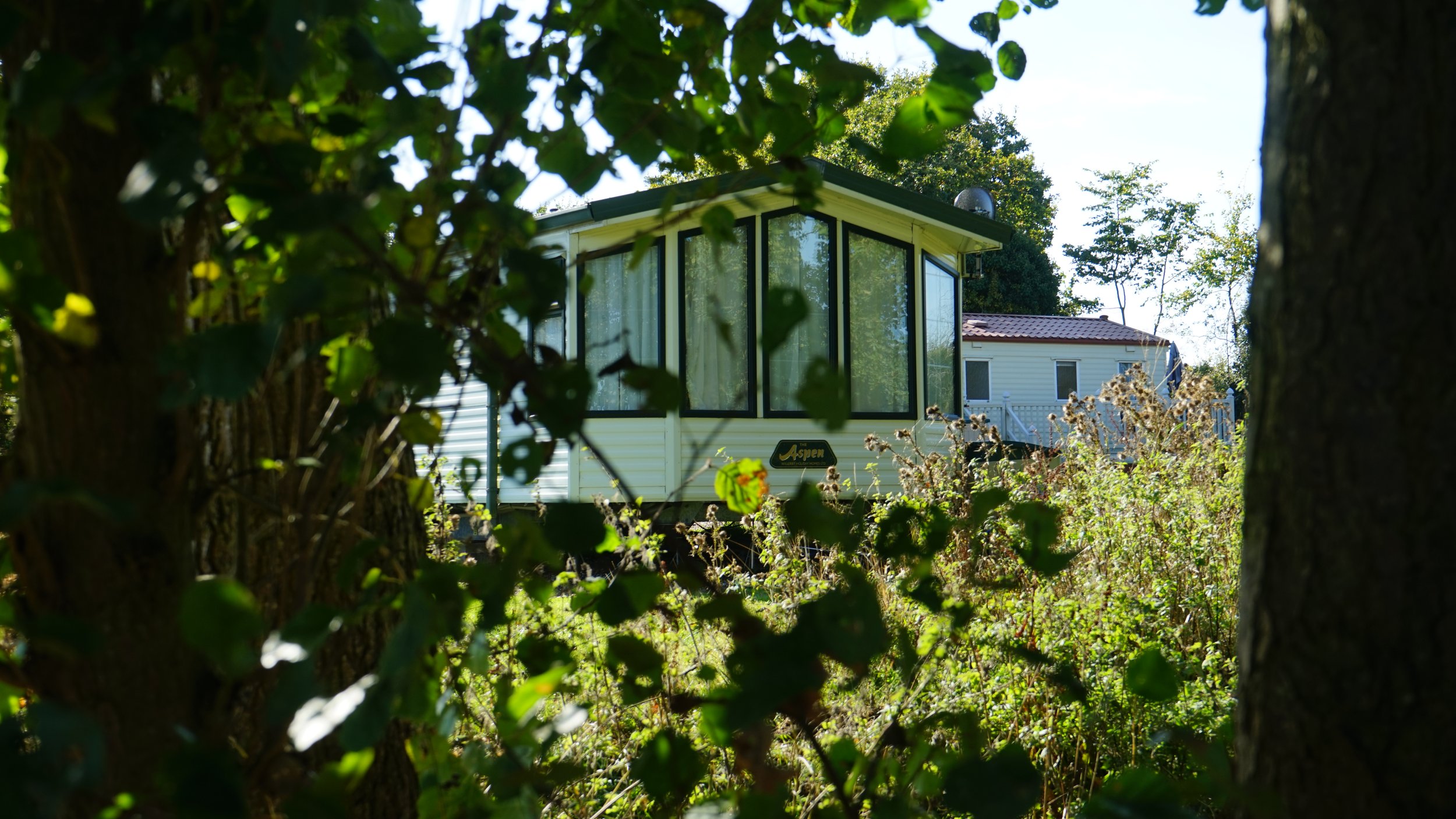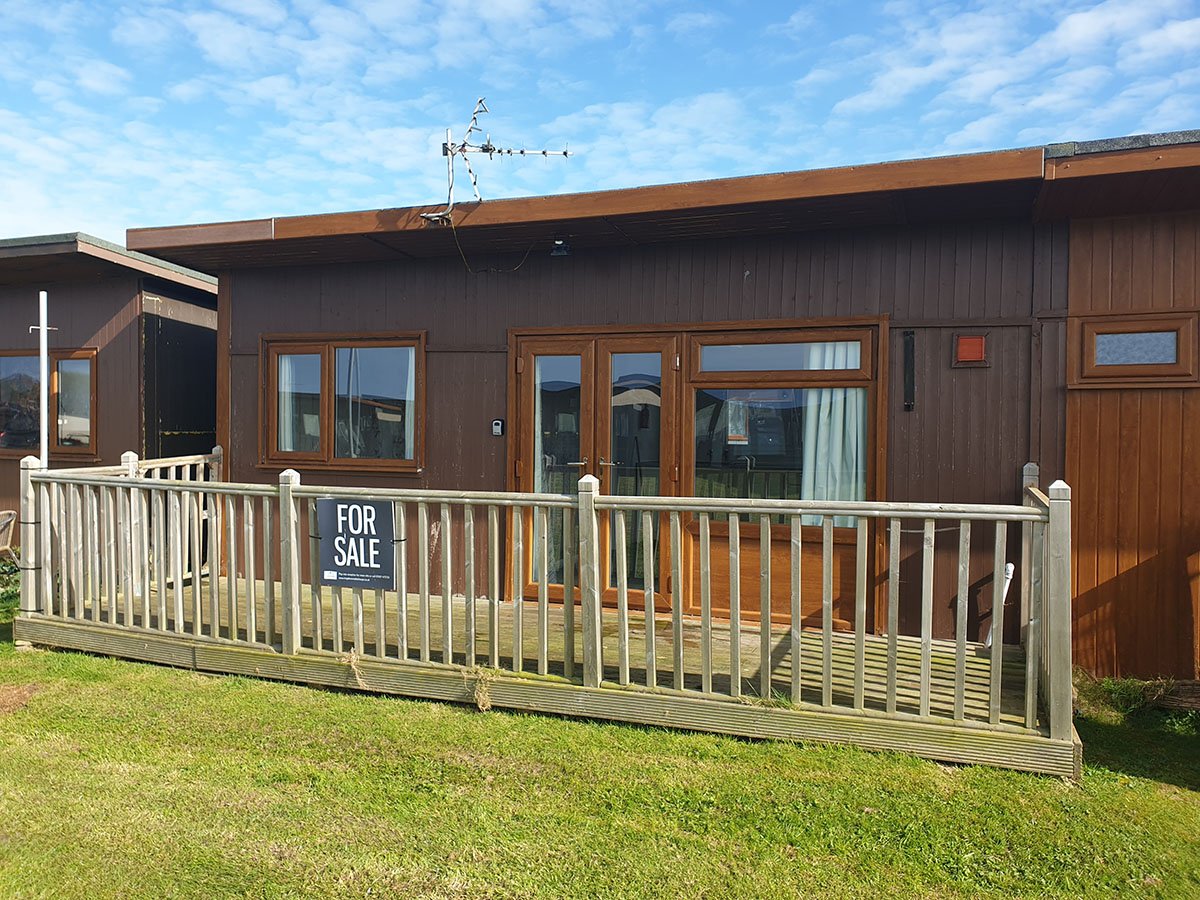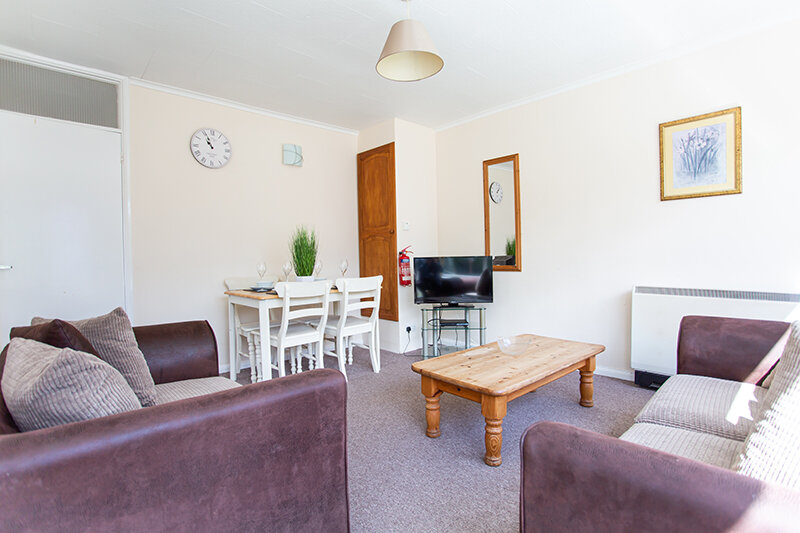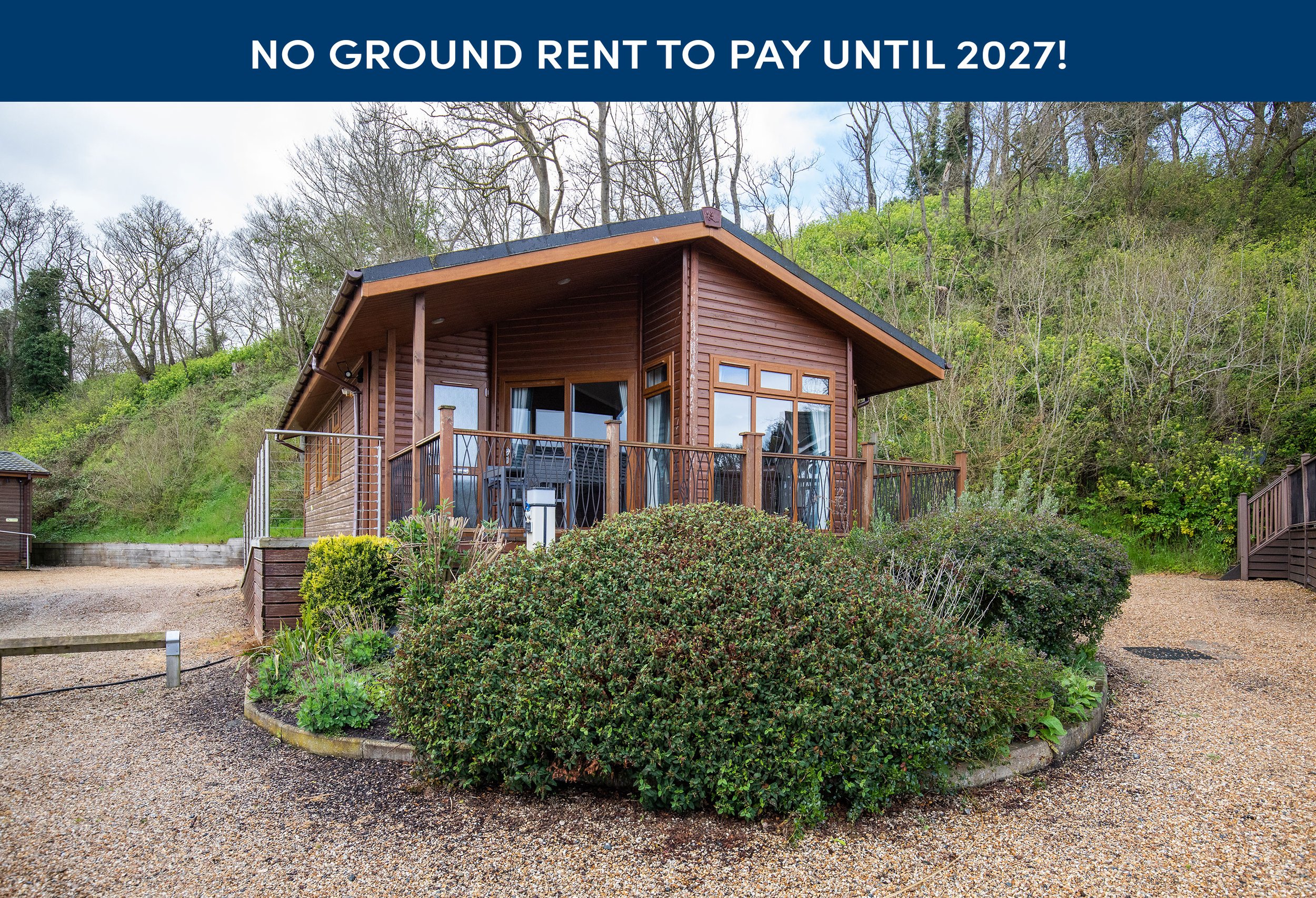We take a look into the history and changes of how we have travelled to our holiday destinations and how we may be travelling to them in the future! From rail, to coach, from the car to the electric car. This definitive guide to all things holiday travel literally drives us down memory lane…
From Maps to Apps and old school to new cool - navigating to our holiday destination
Words that can strike terror into any parent. Even years after the children who uttered the dreaded phrase have grown up and gone off to be interrogated by their own offspring, just the memory of that question from the back of the car can induce a sinking feeling accompanied by mild panic. If you’re of a certain age (see - you survived! What was all the fuss about?!) ‘Are we there yet?’ seems to be inextricably linked to car journeys. This was not a journey during which the children amused themselves with an iPad or games console in the back of the 4 x 4. This was a trip where, if they were lucky, the kids got an I-Spy book and a pencil, in the back of dad’s Cortina. This was the family expedition to a UK holiday spot. In this far away galaxy of the pre-Sat Nav era dad planned the route with the aid of, yes….……a map! It might have been a giant piece of paper with complicated folds, or it could have been a two page spread in a leather bound motoring atlas, possibly with his initials gold blocked on to the cover, but it was ….a map. Interpreting it was a stress test for the bonds of a marriage. Having the fractious discussion over which junction you should have taken interrupted by a child’s voice (was it yours?) asking ‘Are we there yet? ‘ was not helpful. Really. Not helpful. Of course, you could always break the journey at one of the super new Little Chef restaurants. Fruit Cocktail with Ice cream anyone?
A change of UK Holidays and Holiday Home locations in the 19th century
One of the biggest changes in holiday travel coincided with one of the biggest shifts in the very concept of holidays. In the mid nineteenth century railway mania swept though the UK. Railway companies sprang up everywhere. At the same time more and more people began to have time off work, with pay. The number of railway journeys taken increased at a phenomenal rate. All over the country people took the train to the increasingly popular seaside resorts. Soon the railway companies were advertising not themselves, but the destinations. ‘Skegness is SO bracing’ is one of the most famous, and successful, advertising slogans of all time. The illustration of the The Jolly Fisherman skipping along the beach first appeared on a poster, in 1908, for the Great Northern Railway Company. It was then reissued, in the 1920’s, by the London and North Eastern Railway. The image is still in use today. The early railway journeys were not the most comfortable trips, but they opened up a world of leisure for countless people.
Mid twentieth century ‘package holidays’
By the mid twentieth century the term ‘Package Holiday’ was in everyday use and every day thousands of such holidays were booked. People flew to places like the Costa Brava in a hey day of holiday travel. But the the ‘package holiday’ had its origins in the railways. The first such trip, called a package because it included accommodation as well as travel. In 1841 a train was chartered for a group of temperance campaigners and he booked the hotels for them. That first package holiday was not terribly exotic. The journey was from Leicester, to attend a rally, in Loughborough. They’re both fine places but neither spring instantly to mind today at the mention of package holiday destinations.
Coach Holidays
This was the cry of many a bus or coach driver, in the car park, in an attempt to get the bus on the road. By the 1840’s the railways had effectively killed off the long distance horse drawn stage coach services. But it was the ‘charabanc’ operators on the shorter journeys who survived. By the early twentieth century they had replaced their horse drawn charabancs with motor coaches, which would also come to be known as charabancs. The network of coach operators would soon almost rival the railways as not only a means of getting to the holiday destination, but also as a holiday in itself. The coach tour was born.
Suddenly it was the 70’s….
Life was different in 1970’s Britain. This was still the era of public transport being, almost entirely, in public ownership. By the late 70’s coach travel was run by National Express, a state owned brand. If you were going abroad you probably took a ferry - by Sealink, which was part of the nationalised British Railways. And British Railways, or BR as we called it, had their own strategy for getting us to travel to our holidays. They gave us ‘Golden Rail’. This scheme offered holidays in over forty UK resorts, included your hotel, and got you there by train from your local station. It meant less arguments over maps - but it didn’t stop the all too familiar question of ‘Are we there yet?’
We weren’t there yet! Before the internet changed our holiday booking habits
It’s difficult to imagine now but even in the 1990’s there was not much access to the internet. We weren’t quite there yet. The world wide web was not what it is today. The largely still pre-digital world meant that any trip, anywhere, involved a lot of things to carry. There was your camera, and film of course. Your hard copy tickets, your travellers cheques and your guide books and - you’d quite possibly forgotten this - your suitcases needed to be carried. Yes, that’s right. Carried. By a handle. Wheeled luggage hadn’t arrived. But then you didn’t have to carry a 'phone. If you wanted to call home you needed to find a ‘phone box. There was technology of course! You’d probably checked your flights on CEFAX.
And now we’re here….Holidays & Travel in the 21st Century
By the time we’d crossed into the twenty first century the world, and the world of holidays and travel, had changed beyond recognition. Our (so last century!) flirtation with ‘booze cruises’ had slowed down, and our internet usage had stepped up. Way, way up. Maps, tickets, boarding passes, photographs, music and more apps than you could shake a Walkman at were now all together on your ‘phone. In your pocket. More conscious of green issues, which are not helped by flying, and more in love than ever with the variety and improved attractions of the UK, the ‘Staycation’ became increasingly appealing. As families deployed their pension pots and considered their futures the idea of owning a UK holiday home, often in the form of a seaside lodge or chalet, became more and more appealing. The means of travel itself is on the brink of a massive step change. The electric car, with a network of reliable charging points is coming more sharply into focus every day. It will happen. But, are we there yet?
How High Speed 2 (HS2) may widen our options for a UK Holiday Home location in the future
High Speed 2 (HS2) is a part planned high speed railway in the United Kingdom, with its first phase in the early stages of construction and future stages awaiting approval. This may drastically change for the better the way we travel to our UK holiday destination and indeed broaden our options of where we can go within easy reach. Scheduled to open in phases between 2028 and 2040, HS2 will be the second major high-speed rail line in Britain; the first is High Speed 1 (HS1), which connects London to the Channel Tunnel and was opened in the mid-2000’s. Upon completion, the railway will link London, Birmingham, Manchester and Leeds with a new "Y"-shaped network of 225 mph tracks. So it seems getting to a UK holiday home on the coast will never have been as easy or as quick!







